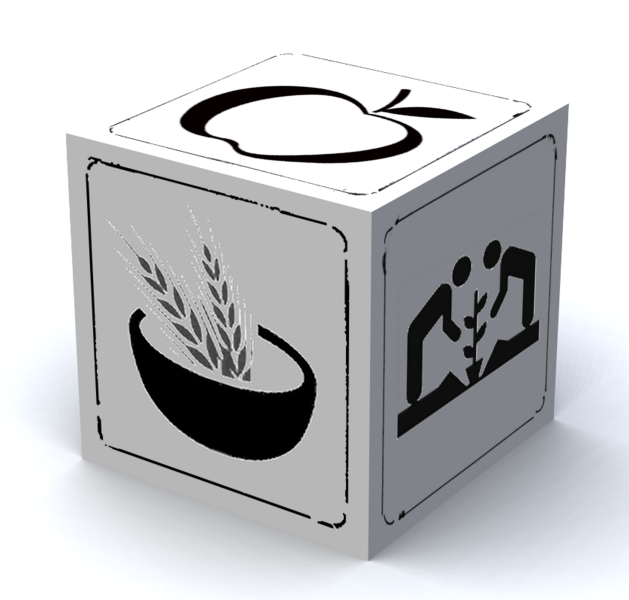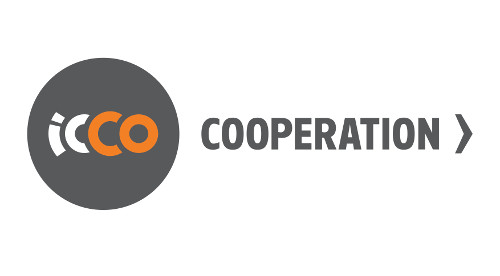Food & Nutrition Security Portal
From Akvopedia
Food and Nutrition security exists when all people, at all times, have physical, social and economic access to food, which is safe and consumed in sufficient quantity and quality to meet their dietary needs and food preferences, and is supported by an environment of adequate sanitation, health services and care, allowing for a healthy and active life (CFS). Food and nutrition security is defined by four dimensions: right to adequate food, availability, accessibility, and utilization.
Sustainable global food system
A sustainable, global food system should be grounded in human rights, most particularly the Right to adequate food and its obligation to progressively take steps to reach a world where everyone is food secure and malnutrition is eliminated. The human rights approach compels us to pay special attention to those most vulnerable to hunger, including family farmers, with a special focus on infants, young children, adolescent girls and women of reproductive age.
Nutrition
Nutrition is integral part of food security. The WHO defines Nutrition as the intake of food, considered in relation to the body’s dietary needs. Good nutrition – an adequate, well balanced diet combined with regular physical activity – is a cornerstone of good health. Poor nutrition can lead to reduced immunity, increased susceptibility to disease, impaired physical and mental development, and reduced productivity.
Manuals, videos and links
| 9 billion people? |
nutrition, and health |
- UN Secretary |
in East Africa |
| Food Day 2014 |
the Most Vulnerable Countries |
for sustainable intensification |
An overview by Olivier De Schutter |
Acknowledgements
- Food Security Portal. Agriwaterpedia
- Food security. Wikipedia.
- ICCO


